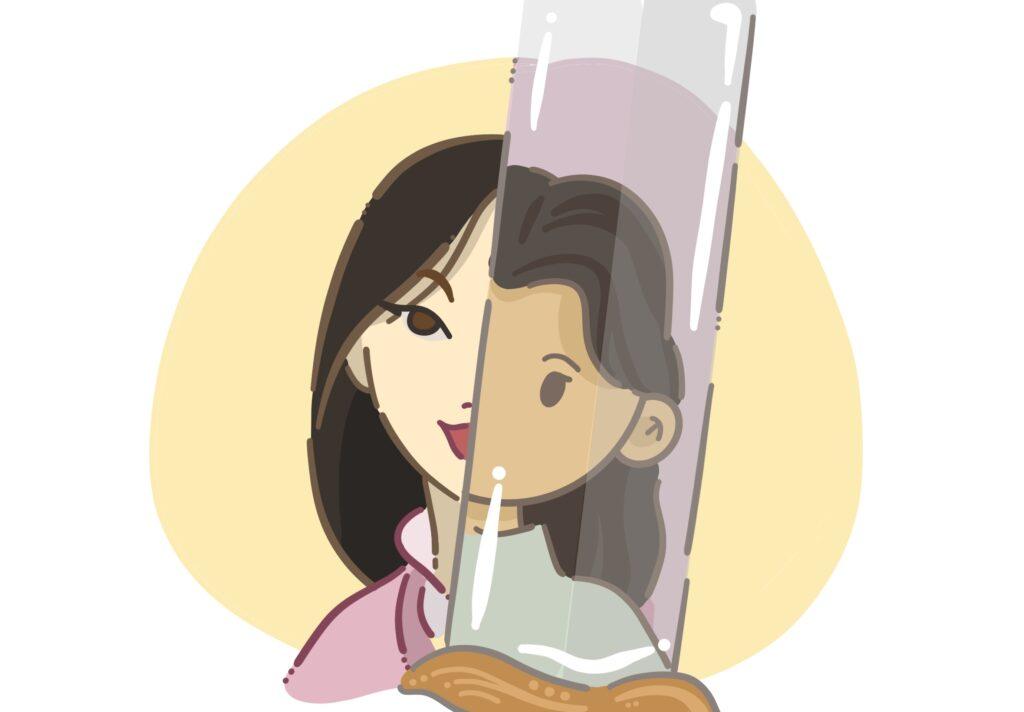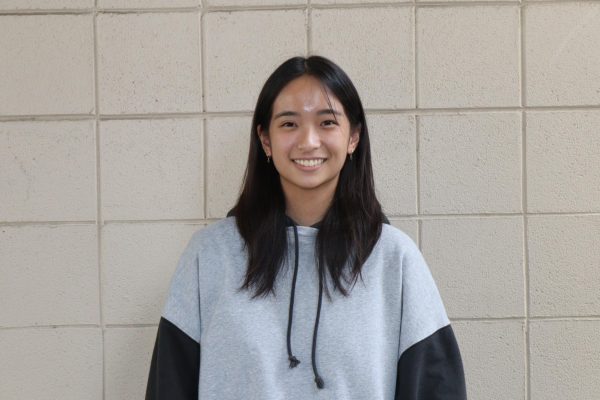In one of the earliest scenes of Disney’s 1998 movie “Mulan,” the heroic main character ties a bag of grains and a bone attached to a bamboo stick to her dog. It jumps around, trying to eat the bone, but ends up scattering grain all over the place instead. The chickens are able to get their food, leaving Mulan free to do whatever she desires.
When I first watched the movie, these scenes stood out to me for their exemplification of Mulan’s brave and cunning qualities, cementing her status as my favorite Disney princess. I cut my hair to the shoulder length of hers (without a sword though), dressed up as Mulan for Halloween and had Mulan pins on my Crocs — I absolutely loved her for many reasons.
But above all, it’s because Mulan is the only Disney princess who really looks like me. In my childhood, she was the only on-screen character that I could identify with. Even now, 25 years after the movie first aired, finding movies with characters I can truly identify with — as I had with Mulan — is difficult.
In third grade, I started becoming interested in musicals. The more I watched, the more I discovered the not-so-great side media representations of Asian women. Famous musicals such as “Miss Saigon” and “Madame Butterfly” all depicted the trope of the quiet Asian lady who seems to fall head over heels for an American hero. These portrayals always characterized Asian women as helpless and delicate. As a child, I would keep watching, confused at these recurring interpretations.
I wanted to tell the writers that I could make decisions for myself just fine. I would find myself thinking, “Just because we emphasize hard work and don’t want to get involved with fights, this shouldn’t be an excuse to label us as ‘weak.’”
In part because of these portrayals, I grew scared that my opinions would be easily dismissed by teachers or peers because they didn’t see me as capable of being a leader. I was a shy kid, and knowing that a person might hate or ignore me for my perspective wasn’t reassuring. Over time, I became more and more self-conscious of the way I acted, trying especially hard to not fall into this “nerdy Asian” stereotype.
It wasn’t until sixth grade — six years after I first watched “Mulan” — that I realized not only the reality of stereotypes in the media, but also what real representation could be. The more I reflected on my childhood favorites, the more I began to realize just how much media is built on stereotypes: the dumb blonde (Karen from “Mean Girls”), nerdy Asian kid (Lawrence from “School of Rock”), gay best friend (Damian from “Mean Girls”) and popular jock (Troy Bolton from “High School Musical”). The list goes on.
My internalization of these depictions was the worst part. When I was younger, I really believed that “all Asians were the same,” and the media only helped sell that racist stereotype to me. My friends and I all had medium-length black hair, played the piano and did well in school. I always hated the first couple weeks of a new school year since it took a while before my teachers could distinguish that I wasn’t Amelia, Lily or Vanessa, or that we were nowhere close to being related.
By middle school, however, I was confused. Did this mean I had to purposely do something different in order to show that I was an individual? Why did I have to purposely break the stereotype if I truly loved music and the things that were seen as “Asian?”
In times like this, I remembered “Mulan.” Mulan was different — she broke stereotypes in ways that I had never seen before. Mulan explained to me that I didn’t need someone or something else to prove my success and individuality. Her forward and bold personality showed me and the rest of the world that Asian women are not all submissive and weak, and more importantly, that we are not all the same. She has helped me feel more comfortable around people I have met for the first time. I no longer feel a need to convince myself or others that I am not perpetuating this stereotype, even by doing things that fall under it.
While I am not an aspiring actress or a warrior, seeing a version of myself in the media serves as a reminder to people who look like me that we matter.
So, Hollywood, please do better at prioritizing diversity both on screen and behind the scenes. Representation gives everyone a strong sense of self-esteem and helps tell better, more accurate stories.
Mulan is an inspiration for me and all the girls who share the same stubborn and courageous personality. Let’s build a generation where girls can be Mulan, Jasmine, Tiana, Merida and Moana. A generation where they can see strong and non-stereotyped versions of themselves and think, “I can be anything.” They will not question whether all paths are possible and know that wherever fate may take them, there will always be a supportive mini-princess within.





























